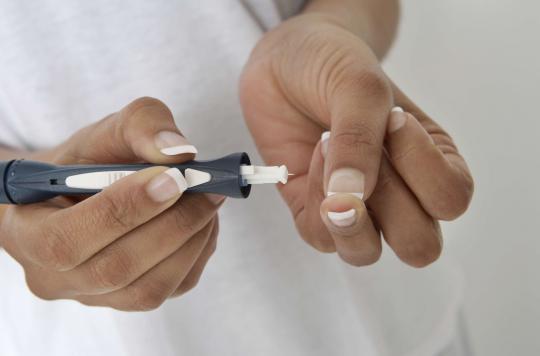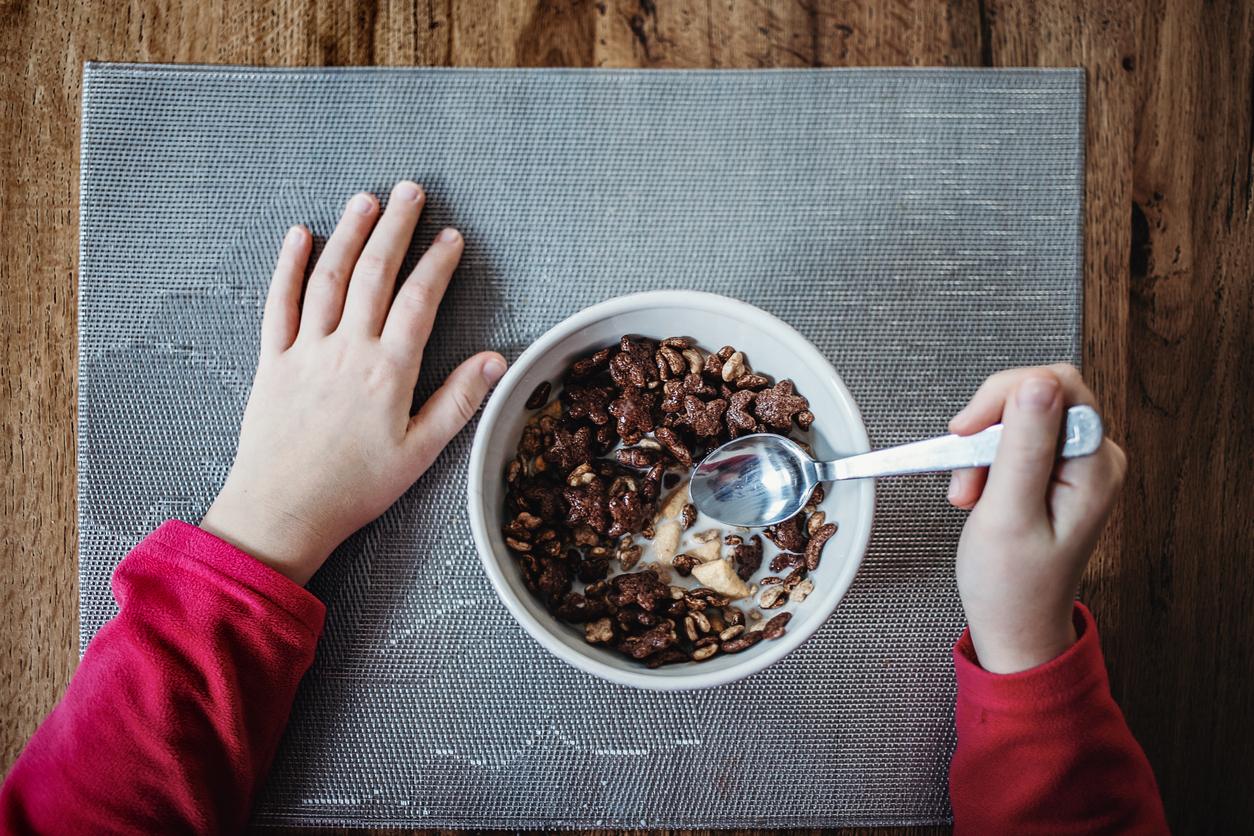A study shows that high energy intake at breakfast and lighter energy at dinner helps people with type 2 diabetes better control their blood glucose levels.

Eat well in the morning, and light in the evening. This litany, which we have heard since our childhood, has just proven its relevance once again. Indeed, a study published in the journal Diabetologia, shows that this formula optimizes glycemic control in type 2 diabetics.
Carried out in Sweden and Israel on a small cohort of 10 women and 8 men aged between 30 and 70 years old and all suffering from type 2 diabetes, the study extends over one month. During the first 7 days, participants were randomly selected to follow two different diets. The first consists of swallowing 703 kcal at breakfast, 602 kcal at lunch and 204 kcal at dinner, while the second reverses the amounts of calories taken during the first and last meals and keeps the same proportion for lunch. At the end of the week, participants were asked to measure their blood sugar levels, once upon awakening (on an empty stomach) and then throughout the day at intervals of 15, 30, 60, 90, 120, 150 and 180 minutes after the first food intake.

20% lower glucose levels with a large breakfast
Two weeks later, the patients repeated the experiment, this time by reversing the regimes. On average, in participants who followed the diet with a solid breakfast, post-meal glucose levels were 20% lower, while insulin, C-peptide and GLP-1 levels were 20% higher. higher than in those who had followed the diet with a rich dinner.
“These observations suggest that a change in the timing of mealtimes affects the daily rate of post-meal insulin and incretin levels (GLP-1 and others). This results in a considerable decrease in the level of glucose after meals, ”analyzes Professor Oren Froy of the Hebrew University of Jerusalem, one of the main authors of the study.
Mealtime and the associated amount of calories should therefore be carefully planned because, as Prof. Oren Froy explains, it “can be a crucial factor in improving blood sugar balance and preventing blood sugar. complications of type 2 diabetes ”.
.

















